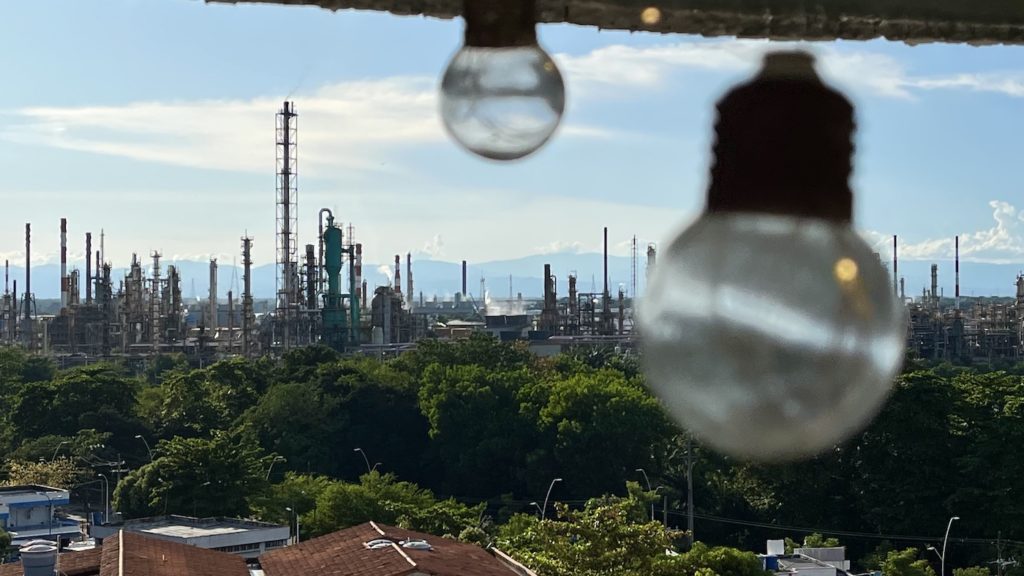
Colombia’s aim to import natural gas from Venezuela is being challenged by the deterioration of the Trans-Caribbean pipeline, a gas transportation infrastructure connecting the two countries.
Faced with declining national fossil fuel production in recent years, Colombia has actively sought to expand natural gas imports. Therefore, the decay of this transnational pipeline poses a new challenge to the country’s energy supply strategy.
Colombia, from gas producer to gas importer
While Colombia has long been energy self-sufficient, new strategic policies and climate events have seriously tipped the scales in the opposite direction. As a result, according to some forecasts, Colombia could become a net importer of natural gas by 2028.
This looming energy crisis is multifaceted. Firstly, Colombia’s gas field production has been declining for several years. Although the country possesses several untapped gas fields, a decree issued in 2022 by President Gustavo Petro now prohibits the granting of new oil and gas exploration licenses, as the government aims to gradually phase out Colombian fossil fuel production.
Additionally, the El Niño climate phenomenon has caused Colombia’s water reserves to plummet, reducing the country’s hydroelectric generation capacity, which normally accounts for about 70 percent of its electricity production.
Exploring the Venezuelan gas option
Due to these numerous challenges, increasing natural gas imports has become essential, with Venezuela emerging as one of the best options.
In fact, since the inauguration of Gustavo Petro as President, relations between Colombia and Venezuela have improved significantly, allowing the resumption of bilateral energy cooperation.
As such, in November 2023, the two countries announced plans for future collaboration between Colombian state-owned Ecopetrol and its Venezuelan counterpart PDVSA on gas exploitation in Venezuela and the export of natural gas to Colombia.
While the Trans-Carribean gas pipeline Antonio Ricaurte, spanning 224.4 km (139.4 miles) and connecting Colombia to Venezuela through the Guajira Peninsula since 2007, initially seemed to be the best choice for this project, the on-the-ground reality has presented significant challenges.
The Trans-Caribbean gas pipeline downfall
After diplomatic tensions led to the temporary shutdown of the pipeline in 2015, it has since deteriorated into a critical state of disrepair, suffering significant degradation, including theft of copper wiring and other vital materials.
The latest report from Colombia’s Mining and Energy Planning Unit (UMPE) has not only highlighted the bad state of the pipeline but also the poor quality of gas production in Venezuela.
As such, Luz Stella Murgas, president of the Colombian gas industrials association Naturgas, has underscored the unfeasibility of Ecopetrol’s goal to import Venezuelan gas to Colombia by December 2024.
Given the situation, Colombian gas industrialists have requested the accelerated issuance of exploitation permits, and emphasized the need to quickly materialize existing projects.
See all the latest news from Colombia and the world at ColombiaOne.com. Contact our newsroom to report an update or send your story, photos and videos. Follow Colombia One on Google News, Facebook, Instagram, and subscribe here to our newsletter.

